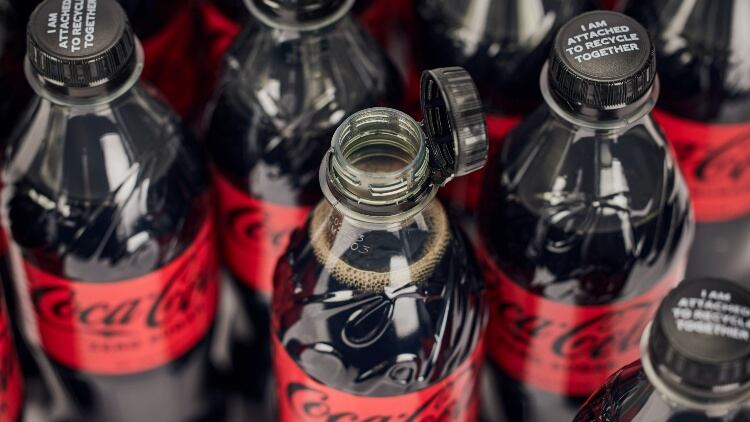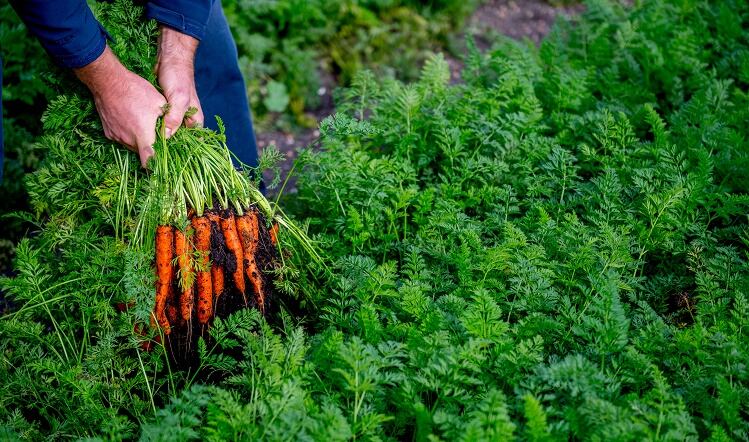The project is being led by researchers at Swansea University and will support the development of technology that can utilise carbon dioxide captured from the atmosphere in the production of ethylene.
Ethylene is a key component in plastics such as high-density polyethylene (HDPE), which is used to produce bottle caps for soft drinks. The technology could reduce the need for fossil fuels that are currently part of the plastic manufacturing process.
The project will take place over the next three years, with the funding delivered through CCEP’s investment arm, CCEP Ventures. This follows previous partnerships with the University of California, Berkeley (UCB) to develop scalable methods of converting captured CO2 into sugar, and an investment into CuRe, a technology which finds new uses hard-to-recycle plastic polyester waste.
“We’re incredibly excited about the potential of this research,” said Craig Twyford, head of CCEP Ventures.
“We know that making our packaging materials more sustainable is key to decarbonising our business, and technology will play an important role in helping us solve this challenge.”
Twyford added that CCEP Ventures was focused on finding solutions that would allow Coca-Cola to improve the sustainability of its operations in the future.
“If scaled, this technology could impact both our fossil fuel use and carbon emissions and help to accelerate a low-carbon future for CCEP,” he said.
Meanwhile, Professor Enrico Andreoli, head of chemical engineering at Swansea University and principal investigator of the project, said that the researchers would take a “practical approach” focused on reducing the emissions associated with industrial processes like plastic production.
“We’re really thrilled to be working with CCEP to develop next-generation carbon dioxide utilisation technology,” Andreoli added.
“We build upon our strong background and expertise in carbon dioxide conversion and with the support of CCEP Ventures, our common goal of delivering low-carbon sustainable plastic can become a reality.”
In other news, Food Manufacture analysed three areas in which food and drink start-ups are innovating.





